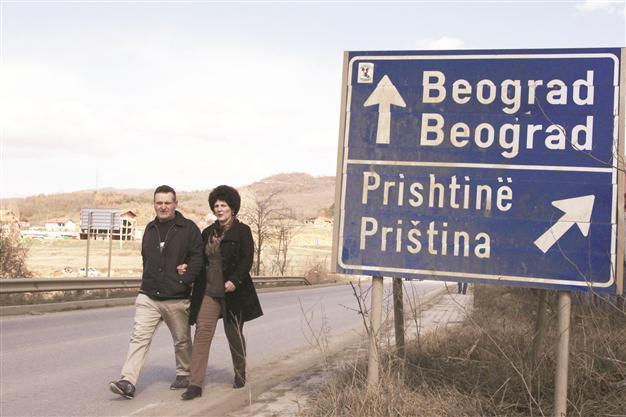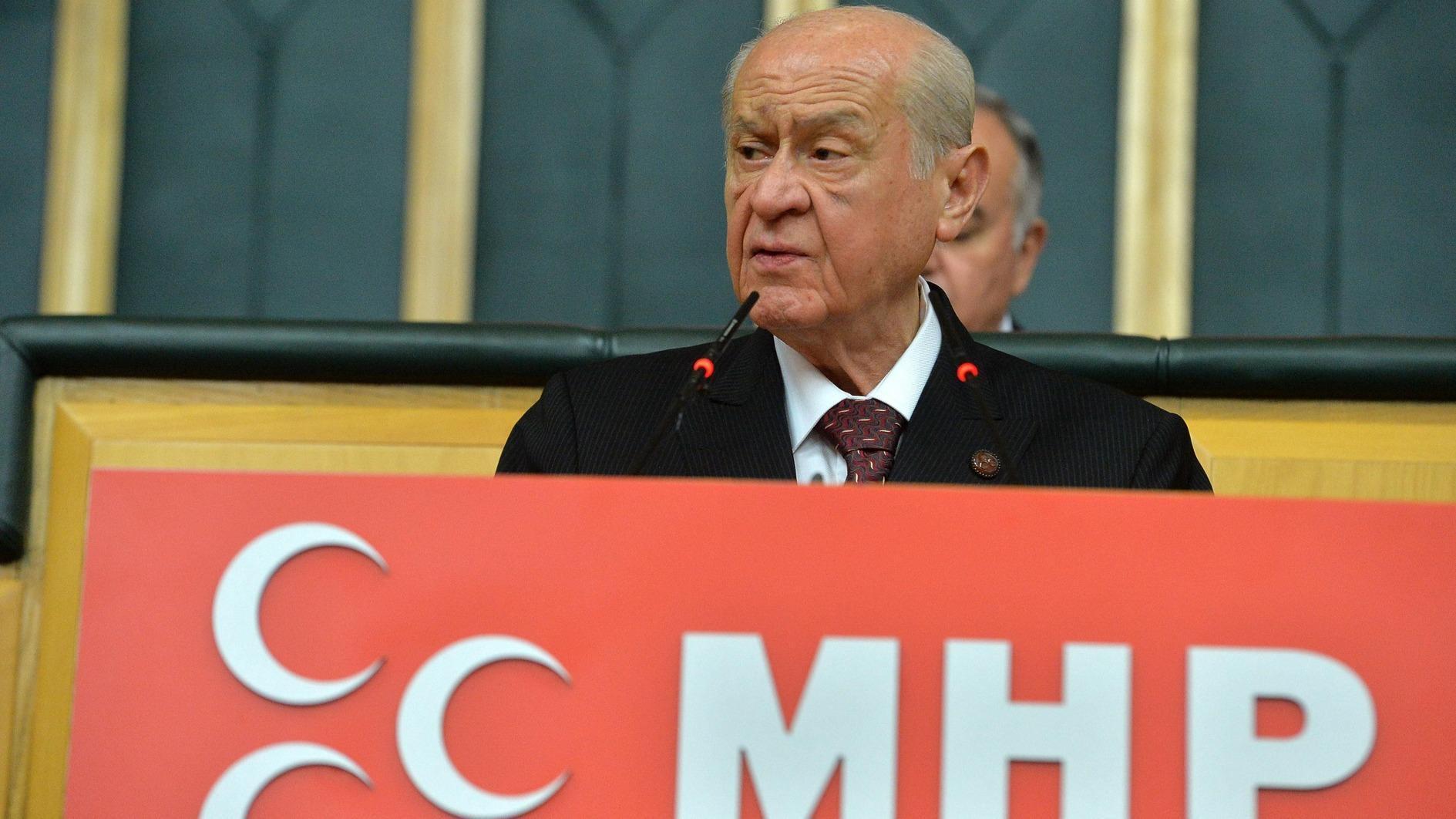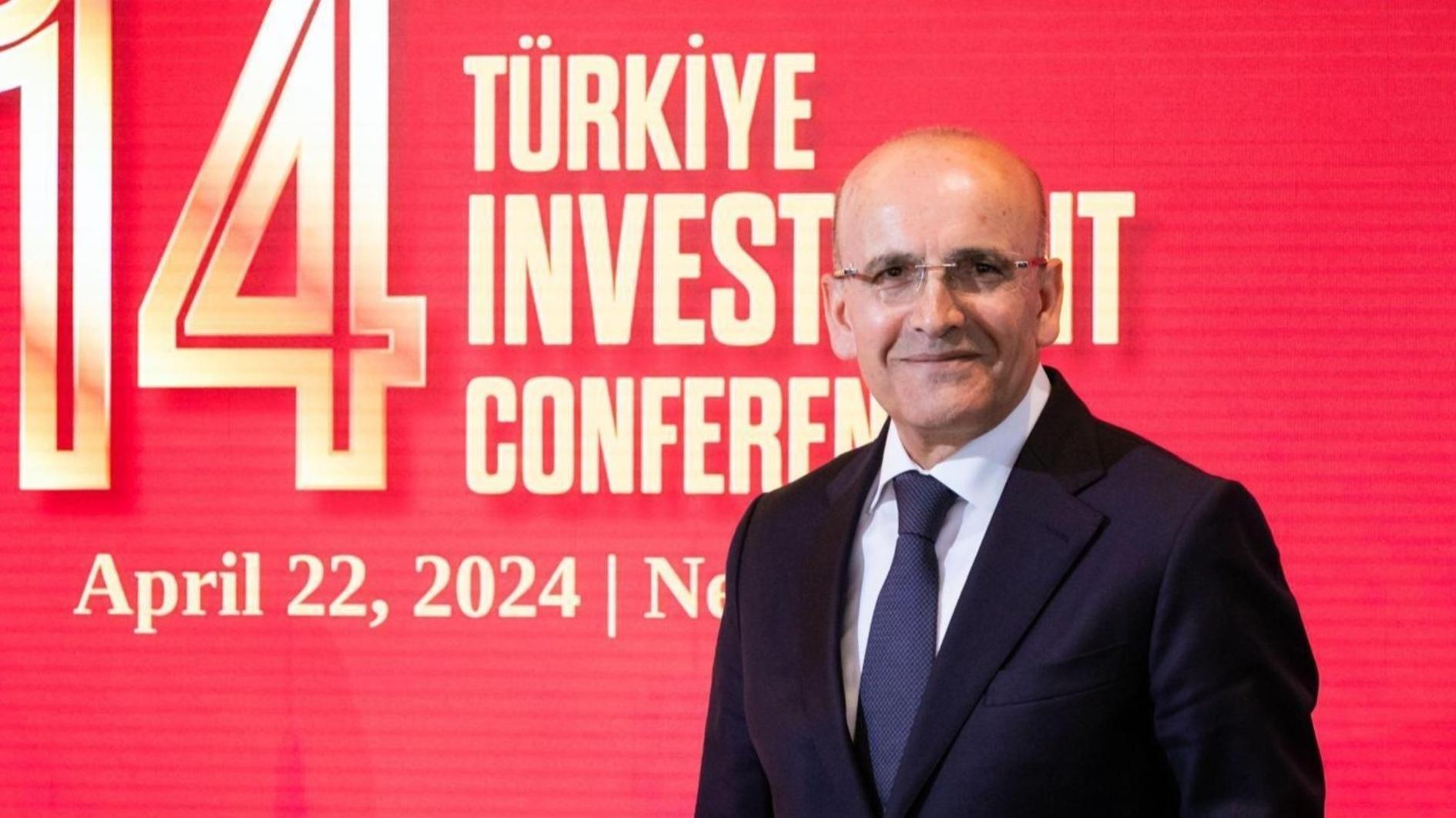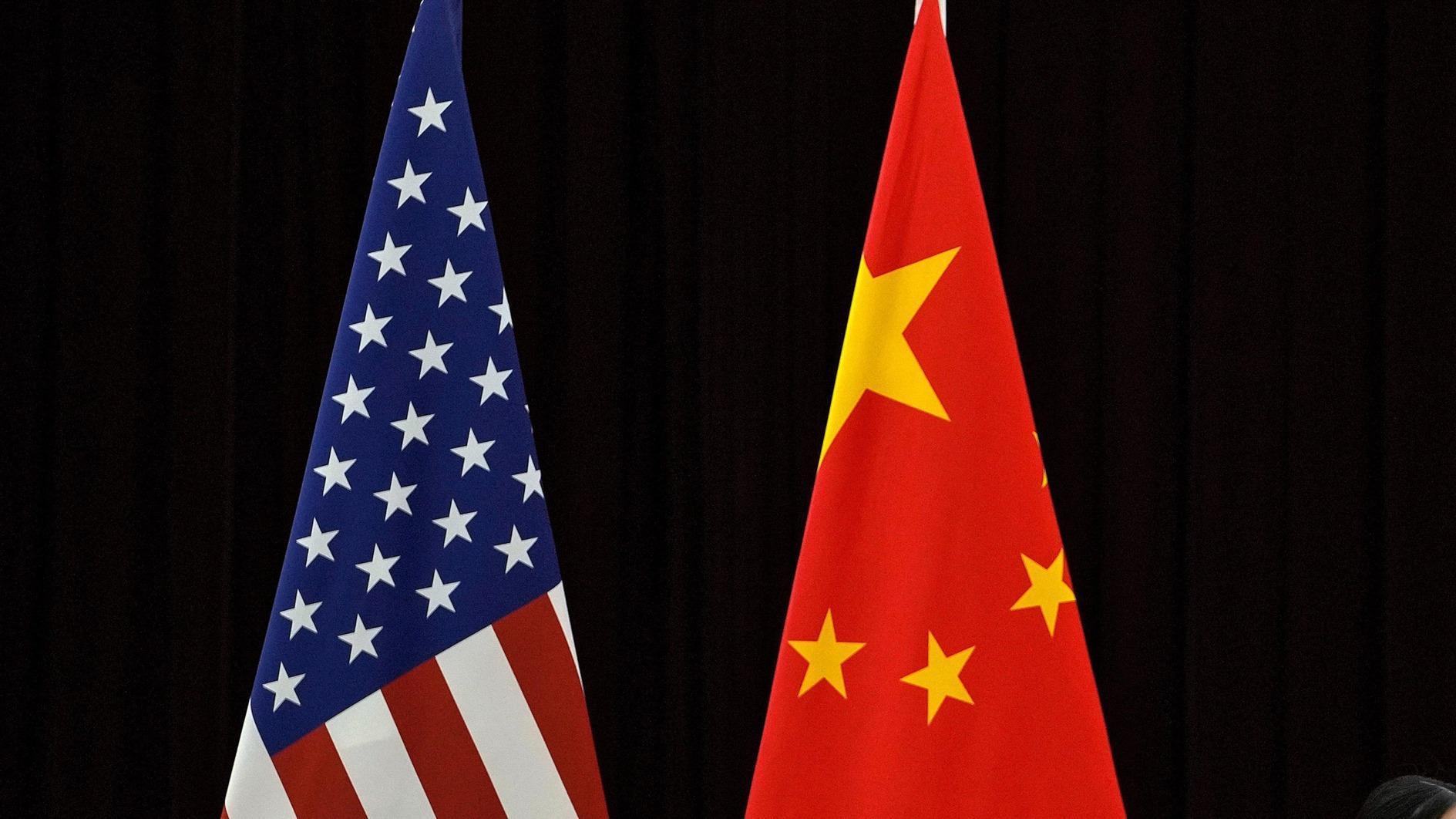Serbia, Kosovo in critical juncture amid EU push
BRUSSELS

A couple walks past a traffic sign in the ethnically divided town of Mitrovica. Serbia does not recognize Kosovo but the EU urges Belgrade to solve its problems with Pristina. REUTERS photo
The latest round of EU-sponsored talks aimed at normalizing ties between Serbia and Kosovo began yesterday, amid calls for the two sides to settle their differences.EU foreign affairs chief Catherine Ashton is hosting the Serbian and Kosovar prime ministers, Ivica Dacic and Hashim Thaci, for an eighth round of talks aimed at easing tensions and paving the way for closer ties with the EU.
Talks have reached a “decisive stage” as the two focus on the thorny issue of the status of Serb-dominated northern Kosovo, an EU official said yesterday. “Today is a historic day,” said Thaci as he entered Ashton’s office building yesterday to begin the talks. “It is a decisive moment for Kosovo and for the region.”
Talks must carry on even if an accord isn’t reached today on Serb-dominated areas of Kosovo, the Serbian government’s spokesman Milivoje Mihajlovic said. “Ending the dialogue could lead to new incidents” and the mediators should be aware that there is a need for a just solution that can lead to lasting peace.”
Not to miss oppurtunity
Ashton said April 1 she believed an agreement “is within reach, though it will not be easy.” “We must not let this opportunity pass.” Washington also pressed Serbia and Kosovo to reach an accord but Serbian President Tomislav Nikolic played down any hope of a breakthrough. “Intractable statements from Pristina put us before a fait accompli and are not encouraging,” he said.
Majority ethnic Albanian Kosovo declared independence from Serbia in 2008, winning recognition since then from around 100 countries.
The ethnic Serbs living in northern Kosovo have rejected the authority of the government in Pristina. They have created so-called parallel institutions all financed and supported by the Serbian capital, Belgrade.
In order for Serbia to join the EU, it must normalize relations with Kosovo. That includes not only resolving ordinary issues as trade and border control, but also resolving the status of northern Kosovo and whether it does or does not fall under the authority of the government in Pristina. Serbia hopes to be given a date to start EU accession talks at a summit in June, while European Commission President Jose Manuel Barroso has said Kosovo could get an agreement on an association accord at the same time.
The talks have yielded deals on management of the Kosovo-Serbia border, trade relations and other problems arising from Serbia’s refusal to recognize Kosovo. Both sides have agreed to establish an association of Serb municipalities, but Pristina refuses to grant it the executive and judicial power demanded by Belgrade.
CROATIA'S EU BID RATIFIED
LJUBLJANA – Agence France-Presse
Slovenia’s Parliament ratified yesterday Croatia’s EU accession treaty, easing the way for it to join the bloc after years of hold-ups over long-standing bilateral disputes. A total 82 lawmakers voted to ratify the treaty with none opposing it, setting Croatia on the path to becoming the EU’s 28th member on July 1. Slovenia was long one of the main obstacles to its neighbor’s membership, blocking the process over border and banking issues. Croatian Premier Zoran Milanovic hailed the decision. “I see no closer partner than Slovenia in the years to come.”
















